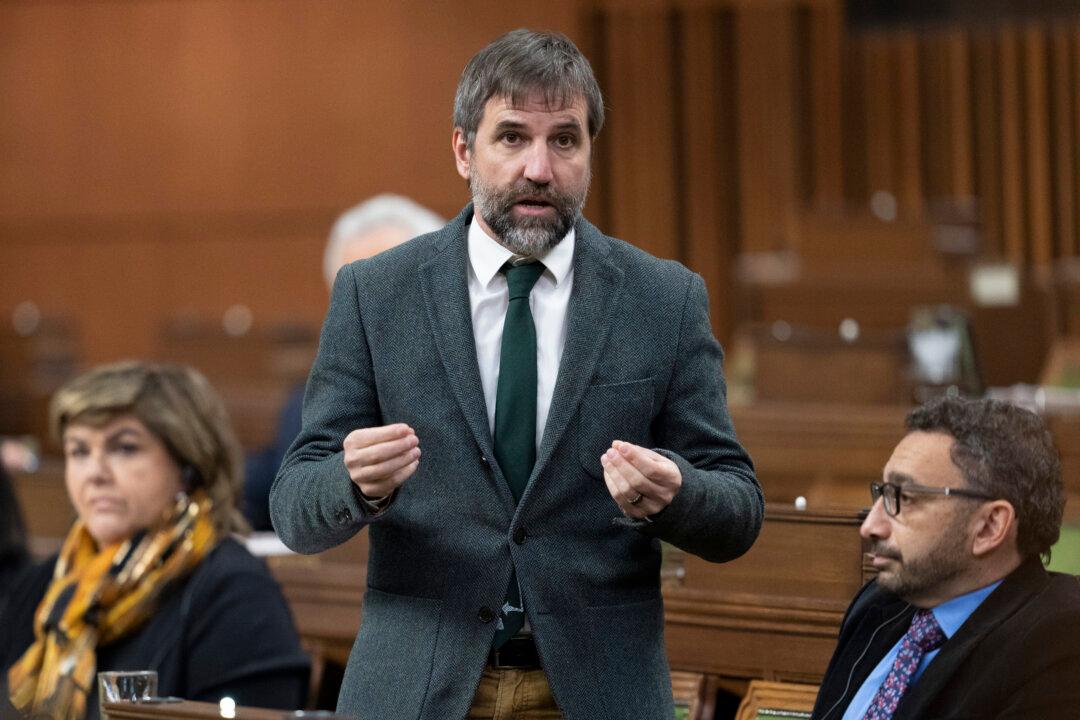New climate regulations introducing a cap on greenhouse gas emissions (GHGs) from Canada’s oil and gas sector will be introduced by next year, says Environment and Climate Change Minister Steven Guilbeault.
“We will have draft regulations maybe by the spring, at the latest in the first half of the year,” Guilbeault told The Canadian Press in an interview on Nov. 14 in Sharm El-Sheikh, Egypt, where he is attending the 27th United Nations Climate Change Conference, or COP27.





